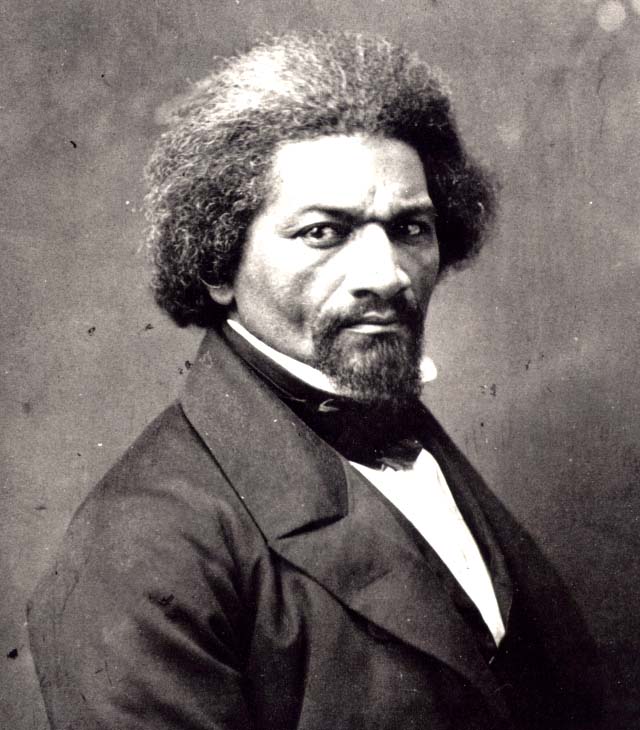“Our previous opinions make clear that customary international law is not federal law and that the president is free to override it at his discretion,” said the memo written by John Yoo, who was then deputy assistant attorney general for the Office of Legal Counsel.” (Nor, apparently, does the Fourth Amendment apply.) An unsettling memorandum by Dubya stooge John Yoo which advocates both dictatorial rule and the legality of torture is released to the public, five years later. “‘The whole point of the memo is obviously to nullify every possible legal restraint on the president’s wartime authority,’ Jaffer said. ‘The memo was meant to allow torture, and that’s exactly what it did.‘”
More than anything, I’m reminded of Lincoln’s remarks to the Indiana fourteenth: “‘Whenever I hear anyone arguing over slavery, I feel a strong impulse to see it tried on him personally.’“
And, just in case anyone was under the impression that this sort of thing only happened in the dark days of 2003, witness Attorney General Mukasey last week getting publicly verklempt and making up 9/11 tales as he goes along, all to help preserve the NSA’s warrantless wiretaps. At this point, Chuck Schumer has a lot to answer for.

